LA MANO FEST! INTERVIEW TO KHALIL SULLINS DIRECTOR OF LISTENING
By Enrique Agudo La Mano Film Fest coordinator
LA MANO: First of all, La Mano festival wants to congratulate you, Khalil, for your movie. Listening has seemed a film original and fresh. A tape of science fiction concerned by history, not the effects. And the first question is: ¿How it has been for you shoot a film of science fiction’s low-budget which is your debut?
KHALIL: I love science fiction, and with LISTENING, I tried to come up with a concept that didn’t require a lot of visual effects, but instead focused more on character development. After the first week of shooting, things were going really well, and the footage looked amazing. There was this palpable sense that we were making something special. One of my proudcers looked at me and said, “You only get one first film. This is going to be your first film forever.” I had never thought of it that way. It’s kind of exciting. I’m really proud of our whole team, and thankful for everyone who poured their blood, sweat, and tears into this movie.
LM: The idea of the film seems based on a conspiracy theory, of the type that we normally see on the internet. ¿You think that it’s an argument that might be real?
K: We’re being naïve if we don’t think our governemnts are tracking what we do and say online, especially in America and a few other countries in particular. But LISTENING is also a metaphor for social media, the internet, and communication technology in general. It’s not just governments, but corporations that track everything we do online. They want us to use their platforms more so they can show us more advertisements, and sell us more products. That’s all happening right now, and it’s no secret. We just accept that there isn’t privacy anymore and that cookies are tracking everything we do online.
LM: In my opinion, you’ve got to make the film his own aesthetic, its own machinery. they were designs that emerged to write the screenplay or already had them in mind when creating the idea of the film?
K: The first initial seed of an idea I had was: “What if someone invented telepathy?” Then I wanted to explore the implications of telepathy on our personal relationships, as well as the implications on society and governments on a global level. After I finished the script, I created a “Director’s Book” that had all of the creative decisions for the film laid out in one place. It was a few hundred pages of visual research that I gave to all of my heads of department. I asked myself: how can I tell the story with cinematography? How can I tell the story with production design? With costumes, props, sound, color, music? I wanted every creative aspect of the film to serve the story.
LM: One of the hits of Listening is the choice of the cast, especially that of the two main actors. Tell us a little bit as it was the choice of Stroppel and Ahr.
K: Thomas and Artie were fantastic. We did the casting ourselves in Los Angeles, and auditioned hundreds of actors for those roles. For David (Thomas Stroppel), I wanted someone who would be compelling just watching him think. Thomas was able to get into the character, and go through his thought processes without ever saying a word, so that even when he’s not talking, you can tell the wheels are turning inside his head. For Ryan (Artie Ahr), I wanted someone who was more charming and street smart. Artie captured this sort of casual intelligence that is great. I wanted to play with which characters were likable and making reasonable arguments at different points in the film, so that the audience could sort of choose who to root for, rather than having a black and white good guy versus the bad guy dynamic, and Thomas and Artie both did a fantastic job at giving their characters that depth and moral complexity.
LM: The film begins in a peculiar way, in the jungle, at a Buddhist temple, and the knowledge of this religion is essential to the plot of the film. you had a prior knowledge of Buddhism or it is only part of the script?
K: I had some limited knowledge of Buddhism. We learned a lot shooting in Cambodia with real monks, and getting to know them a bit personally. I’m a Baha’i, and Baha’is believe that all major religions come from a single divine source in a sort of “progressive revelation.” I pray and meditate myself, so that’s probably where the idea sprung from while I was writing. Some people watch LISTENING, and think I must be anti-technology, but that couldn’t be further from the truth. Communication technology is advancing so rapidly, and it doesn’t always make us better communicators on a personal, human level. I don’t have all the answers, but the internet, smart phones, and social media aren’t going away. Whatever the answers are, they probably lie in the realm of mindfulness, and being aware not only of the thoughts we are projecting out there into the world digitally, but also being aware of the level of control we might be able to cultivate in our minds in the first place. Thought is reality in a way, so why not practice thinking positively to change the world for the better?
LM: I think that is some references to the cyberpunk and the cinema of David Cronenberg, ¿Is something of that in the movie?
K: Yeah, I love Cronenberg. I love cyberpunk movies and books, and comic books especially. I read a lot of comics, and in some ways, LISTENING is my way of taking the telepathy superpower, and making it real and believable through technology. The movie is a “hard sci-fi,” so all of the science is based on real technology, or things that are actually theoretically possible.
LM: And speaking of this, an inevitable question: ¿What references cinematographic of Listening, if any?
K: I looked at a lot of filmmakers first films. Lucas’ THX 1138, Carruth’s PRIMER, Aronofsky’s PI, Niccol’s GATTACA. I’m also a big fan of David Fincher, Christopher Nolan, Ridley Scott, and so many other filmmakers. I also loved THE MATRIX. Danny Boyle’s SUNSHINE is another relevant movie that we talked about for cinematography. Using extreme color pallettes is a common device in sci-fi to help transport the audience to an alternate reality. In LISTENING, we created a color logic. Visually, the movie is told from David’s point of view. He is a computer programmer who compartmentalizes his life, so we created five visual worlds, each with a unique color scheme and method of camera movement. For instance, the ‘garage world’ is full of green hues, and kinetic handheld camera movement, and this is where David is alive and inventing, but that contrasts the ‘home world,’ where there are only lifeless violet hues, and the camera never moves, which reflects David’s broken marriage and his relationships with his wife and daughter. The psychological ‘outside world’ is yellow, overexposed, and paranoid, and the ‘CIA world’ is a dark play on the red, white, and blue American flag, with robotic camera movements. As the technology in the film advances, so does the filmmaking style. We really designed every aspect of the film.
LM: Do you think that independent cinema is the new B-series?
K: It can be. The great thing about independent film is that it can be whatever you want it to be. When you’re making a truly indie film, there isn’t a studio giving you notes, so you can make whatever crazy idea you have.
LM: And finally, Khalil, what is your next project?
K: Right now I’m developing a couple ideas, but the script that has most of my attention is a detective thriller. It’s a pretty intense idea with some visceral violence. I’m pretty excited about it.
LM: Thank you very much, Khalil, and we wish you the best with your future movies.
Festival de Cine Fantástico,Terror y Ciencia Ficción, La Mano
https://twitter.com/LaManoFest
https://www.facebook.com/LaManoFest
#LaManoFest2015

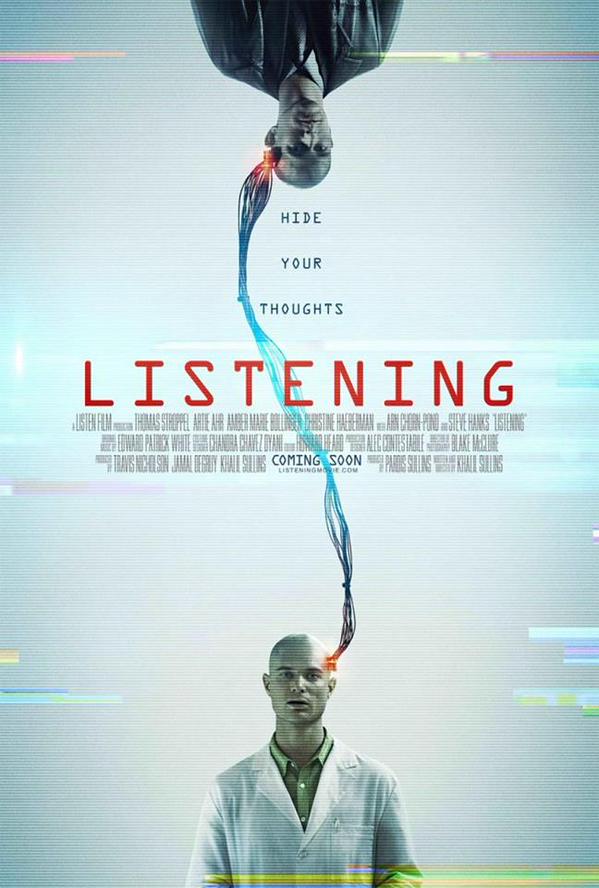
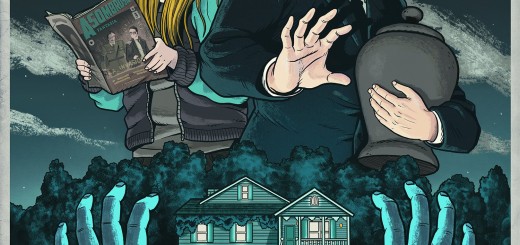
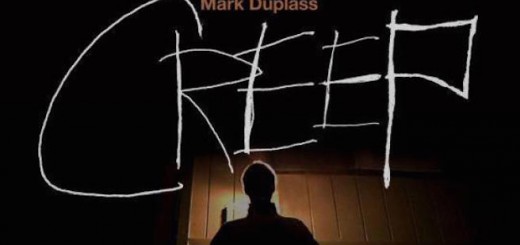
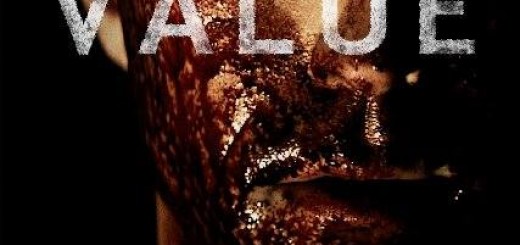
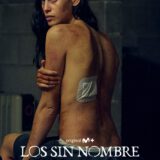
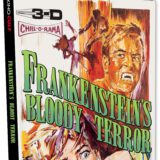
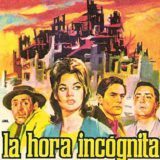

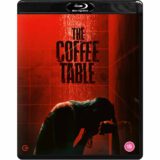
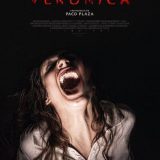

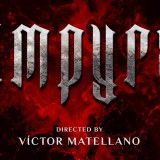
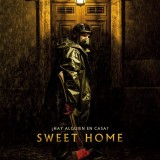
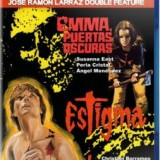
2 Responses
[…] INTERVIEW TO KHALIL SULLINS DIRECTOR OF LISTENING […]
[…] First movie of the day was LISTENING, a tape of science fiction concerned by history, not the effects (you can read an interview to the director here: http://spanishfear.com/la-mano-fest-interview-to-khalil-sullins-director-of-listening/) […]